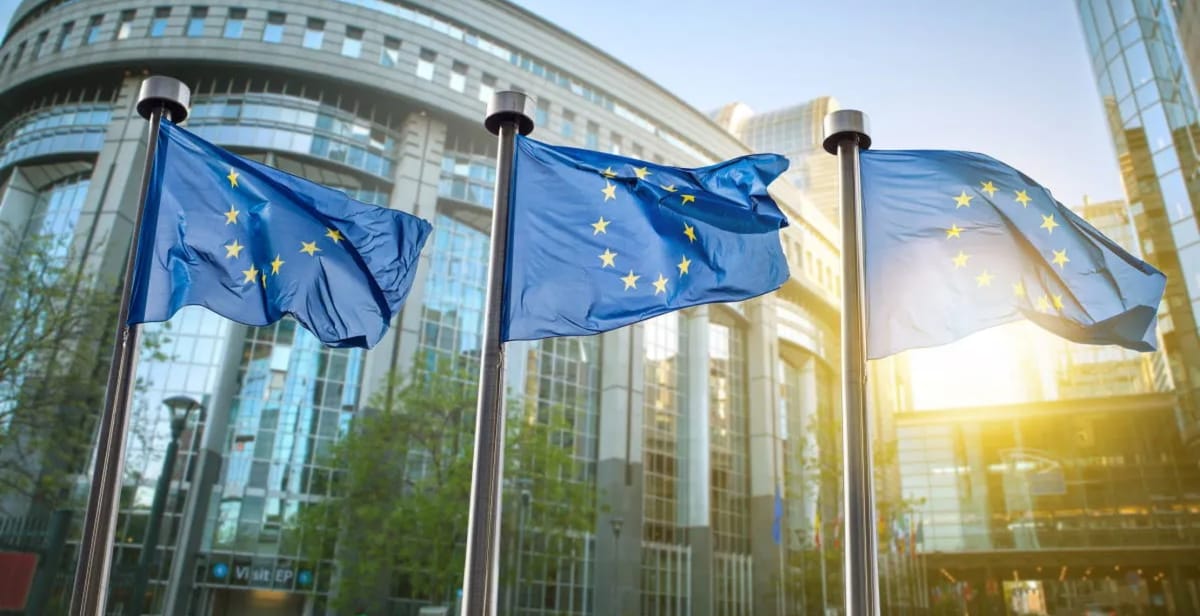
After a prolonged regulatory standoff with European privacy authorities, Meta has finally started deploying its conversational AI assistant across the European Union and neighboring countries this week, albeit with a stripped-down feature set that reflects the company's ongoing navigation of the region's complex privacy landscape.
Key Points:
- The rollout covers 41 European countries and 21 overseas territories
- European version limited to "intelligent chat" in six languages
- Feature will expand to group chats, starting with WhatsApp
- No user data from EU has been used to train the assistant
The expansion marks Meta's largest global AI rollout to date, but European users shouldn't expect the full suite of capabilities available to their American counterparts. While US users have been experimenting with Meta AI's creative features like image generation and stylistic selfies since 2023, Europeans will initially access only what Meta describes as an "intelligent chat function" available in English, French, Spanish, Portuguese, German, and Italian.
This limited offering speaks volumes about the challenges Meta continues to face in the region. The company has been engaged in a regulatory tug-of-war with European privacy authorities, particularly Ireland's Data Protection Commission (DPC), which serves as Meta's lead regulator in the EU.
"The DPC, as Lead Supervisory Authority for Meta, has been examining Meta AI over recent months with our colleague Supervisory Authorities across the EU/EEA and we will keep it under review as it rolls-out to users over the coming weeks," a DPC spokesperson told TechCrunch.
The tension traces back to Meta's attempt last May to update its privacy policy to enable AI training on European users' content. The Irish DPC intervened, objecting to Meta's implementation of an opt-out rather than opt-in model for user consent. Meta subsequently paused those plans.
Now, the company confirms this European version hasn't been trained on local users' data, which explains why Meta isn't seeking explicit consent for the rollout. "The model powering these Meta AI features wasn't trained on first-party data from users in the EU," Anna Dack, Meta's innovation communications manager for EMEA, told TechCrunch.
For users, accessing the assistant will be straightforward – they'll spot a blue circle icon across Meta's ecosystem of apps including Facebook, Instagram, WhatsApp, and Messenger. The feature will also reach group chats, beginning with WhatsApp before expanding to Messenger and Instagram Direct.
Meta's European announcement strikes a noticeably frustrated tone about regulatory hurdles. "It's taken longer than we would have liked to get our AI technology into the hands of people in Europe as we continue to navigate its complex regulatory system – but we're glad we're finally here," the company stated.
The frustration isn't surprising. Meta claims its AI assistant now serves over 700 million monthly active users globally, making the European market's absence a significant gap in the company's strategy, especially as competitors continue developing their own AI offerings.
Meta frames this European launch as just "the first step," with ambitions to eventually reach feature parity with the US version. That suggests more regulatory battles lie ahead as the company tries to expand its AI capabilities in a region known for its stringent data protection framework.
For European users wondering whether Meta's AI will ever match its American counterpart, much depends on how the company resolves the fundamental tension between its data-hungry business model and Europe's privacy-first regulatory approach – a tension that has defined Meta's European operations for years, with no easy resolution in sight.
